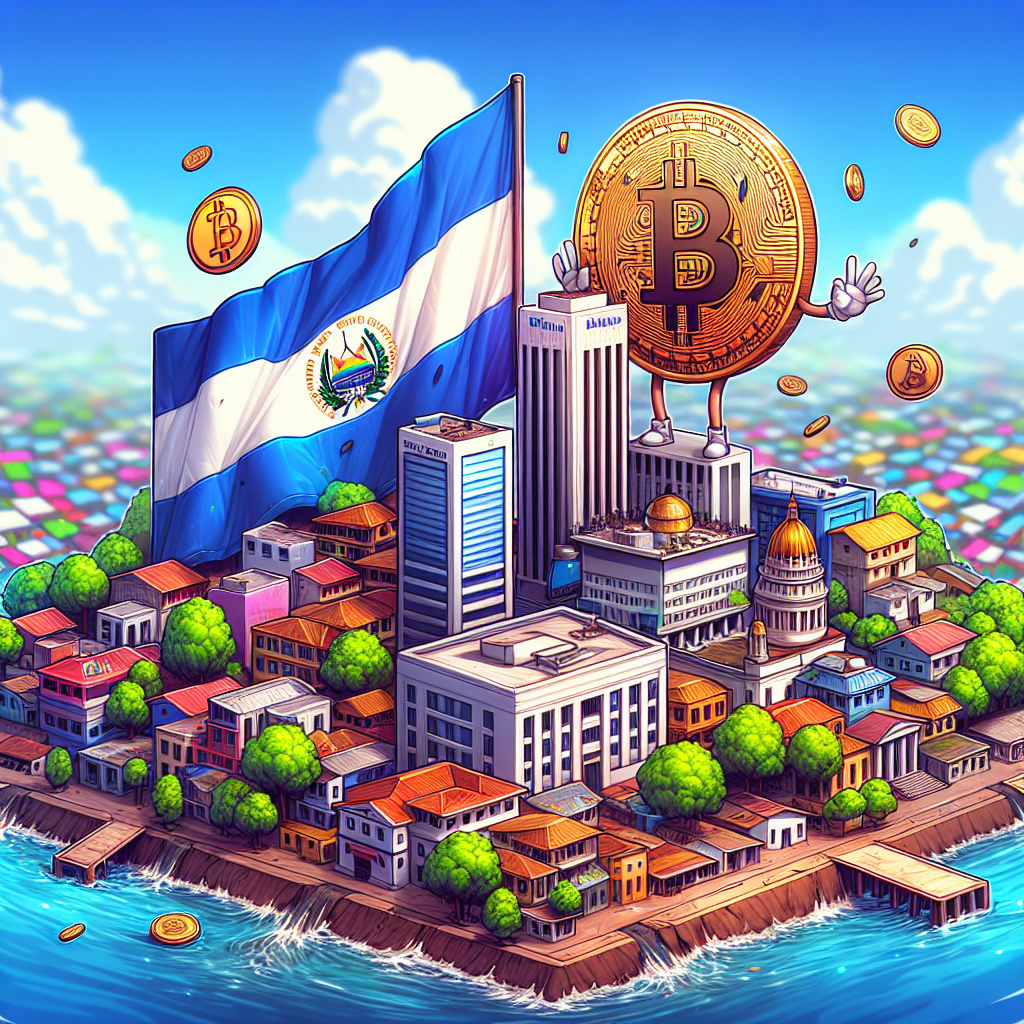Tag: Latin America
Unswayed by its recent agreement with the International Monetary Fund (IMF), El Salvador upholds its Bitcoin campaign, hinting ...
Taking a proactive approach towards crypto regulation, Argentina is partnering with El Salvador to address various digital asset ...
In a monumental shift towards inclusive financial systems, Nuvei – a global payment processing powerhouse – is extending ...






